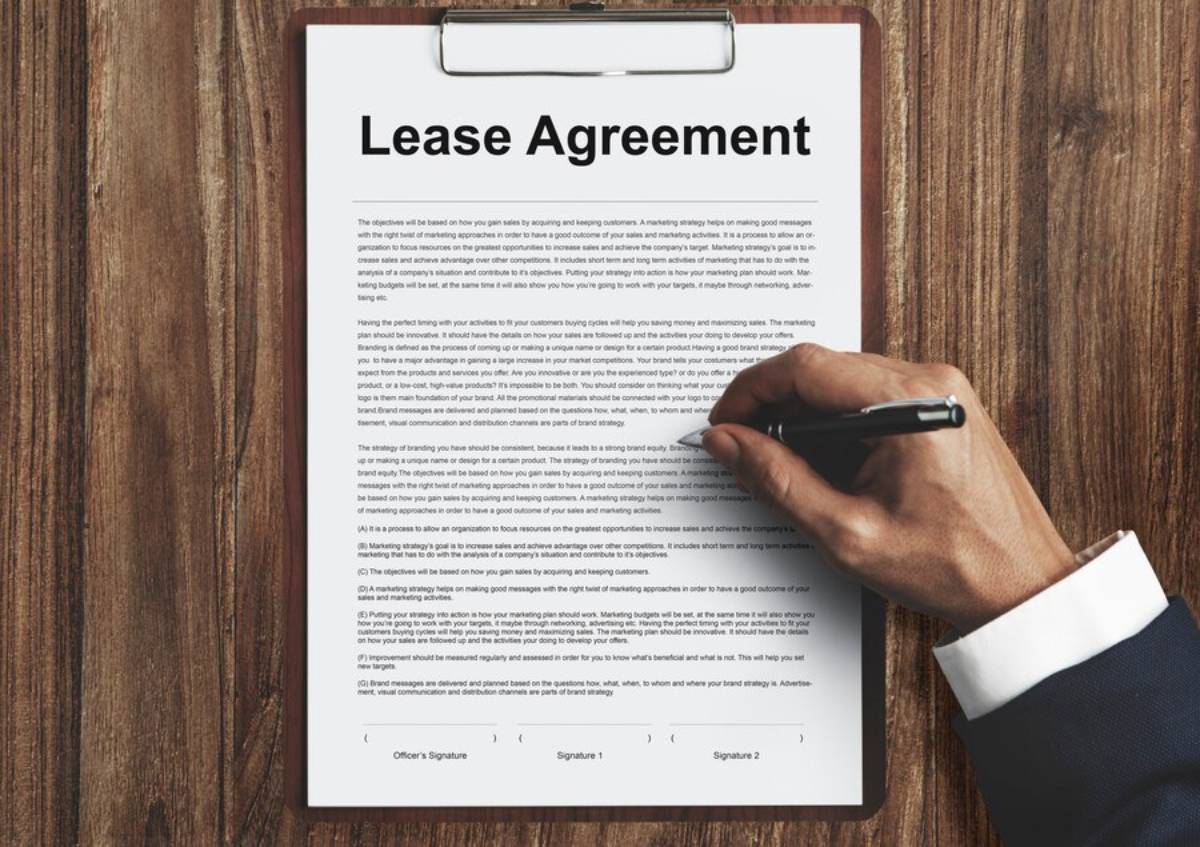The Automobiles & Vehicles Blog

Pros and Cons of Leasing an EV
Leasing an electric vehicle (EV) might seem like the perfect solution — lower monthly payments, the latest tech, and minimal long-term commitment. But is it all smooth driving? Not always.
The truth is, leasing an EV can be incredibly convenient, but it’s not for everyone. Whether you’re upgrading from petrol or stepping into your very first electric car, understanding the EV lease benefits, electric car leasing drawbacks, and key lease terms is essential before signing on the dotted line.
In this post, we’ll dive into the nitty-gritty — what leasing really offers, what it restricts, and who it’s best suited for. We’ll use real-life scenarios, expert insights, and down-to-earth language to help you make the right call for your lifestyle and wallet.
What Does Leasing an EV Actually Mean?
Leasing is essentially long-term renting. You agree to pay a fixed monthly fee to use a brand-new electric car over a set term — usually 2 to 4 years.
When the lease ends, you return the vehicle, with options to:
- Start a new lease on a different model
- Extend your existing lease
- Purchase the vehicle (in some cases, via PCP)
Unlike buying, you don’t own the vehicle. But that can be a good thing — particularly when it comes to depreciation, battery tech upgrades, and monthly affordability.
EV Lease Benefits: Why It Works for So Many Drivers
1. Lower Upfront and Monthly Costs
- Leasing requires minimal deposit (typically 3–6 months’ payments upfront)
- Monthly payments are lower than financing a purchase
- Great for budget-conscious drivers wanting a newer vehicle
Example: Leasing a Nissan Leaf might cost £250/month vs £400+ to buy via loan.
2. You Always Drive the Latest Tech
- EV technology evolves quickly — leasing keeps you on the cutting edge
- Frequent upgrades mean you get better range, safety, and features every few years
- Avoid being “stuck” with outdated battery performance
3. No Worries About Depreciation
- EVs lose value quickly, especially as new models with longer ranges arrive
- With leasing, depreciation is the leasing company’s problem — not yours
- Resale value isn’t your concern
4. Optional Maintenance and Servicing Packages
- Many lease agreements include servicing, tyres, and breakdown cover
- Makes budgeting easier and reduces surprise costs
5. Tax Incentives for Businesses
- Company EV leases enjoy low Benefit-in-Kind (BiK) tax rates (as low as 2% in the UK)
- Great for employers offering EVs via salary sacrifice schemes
Tip: Leasing an EV through your employer can save up to 40% compared to private leasing.
6. Peace of Mind
- Most lease deals are covered by the manufacturer’s warranty
- You’re unlikely to face costly repairs on a newer car
- Simply hand it back and move on when the term ends
Electric Car Leasing Drawbacks: The Fine Print Matters
1. You Don’t Own the Car
- No equity or resale value
- You’re paying for use, not ownership
- If you prefer to keep your car long-term, leasing may feel wasteful
2. Mileage Limits
- Most leases cap annual mileage between 8,000 and 15,000 miles
- Exceeding the limit means penalty charges (usually 7–12p per mile)
Example: 3,000 extra miles at 10p/mile = £300 in fees at lease-end.
3. Wear and Tear Charges
- Damaged alloy wheels? Dented bumper? You might be billed
- Lease companies have guidelines for “fair wear and tear” — read these carefully
Pro Tip: Document your car’s condition at handover to avoid disputes.
4. Limited Customisation
- You can’t repaint, wrap, or permanently modify the vehicle
- Optional extras must be chosen at lease start — no late changes allowed
5. Early Termination Fees
- Cancelling your lease early can be costly — often 50% of remaining payments
- Not ideal if your circumstances may change drastically (job relocation, income drop)
6. Insurance May Be Higher
- Many lease agreements require fully comprehensive insurance
- Some EV models attract higher premiums due to repair costs
Breaking Down Lease Terms: What You Need to Know
Initial Rental:
- Your upfront payment (e.g. “6 + 35” means six months upfront, 35 monthly payments)
Contract Length:

- Typically 24, 36, or 48 months — longer terms mean lower payments but higher risk of outgrowing the car
Mileage Allowance:
- Set annually — choose wisely to avoid penalties
Excess Mileage Charge:
- Applies per mile if you go over your allowance
End-of-Lease Options:
- Return the car
- Extend the lease
- Sometimes, buy the car via a final balloon payment (in PCP deals)
Who Should Consider Leasing an EV?
- Urban Drivers: Short trips, predictable mileage, and limited interest in ownership
- Tech Enthusiasts: Always want the latest model and features
- First-Time EV Buyers: Want to try electric before committing long-term
- Business Users: Access tax-efficient leases through employers
- Families with Growing Needs: Swap vehicles easily as space requirements change
Who Might Be Better Off Buying?
- High-Mileage Drivers: Those who exceed 15,000 miles annually
- Long-Term Owners: People who keep cars 5–10 years
- Used EV Shoppers: Leasing new EVs only — no option for pre-owned
- DIY Modifiers: Want to personalise or upgrade the car
- Rural Drivers: Where public charger access may limit flexibility
Anecdote: Tom’s Lease Experience
Tom, a freelance videographer from Birmingham, leased a Kia e-Niro through a 36-month deal.
“I didn’t want to tie up £35k buying outright, especially as tech keeps improving. Leasing let me try EV life with zero hassle. I return it next spring, and I’ll likely upgrade to the EV6.”
He added that the fixed monthly cost helped him budget — a key benefit as a self-employed worker.
Top Tips Before You Lease an EV

- Read the Lease Agreement: Know the wear and tear policy and what’s covered in servicing.
- Check Mileage Needs Honestly: Overestimating costs more; underestimating leads to penalties.
- Use Trusted Brokers or Platforms: Try Leasing.com, Carwow, or AutoTrader for the latest deals.
- Compare With PCP (Personal Contract Purchase): If you might want to buy the car later, PCP may be a better fit.
- Plan Your Exit: Know your lease-end options and check for extension or purchase offers.
Lease with Clarity, Not Confusion
Leasing an EV isn’t just about getting behind the wheel — it’s about flexibility, affordability, and staying up to date with cutting-edge tech. But it’s not for everyone.
Leasing could be the perfect fit if you want predictable payments, regular upgrades, and minimal commitment. Ownership might be more rewarding if you’re looking to build equity, clock up lots of miles, or customise your ride.
The key? Know yourself, understand the lease terms, and examine the EV lease’s benefits and drawbacks closely.









